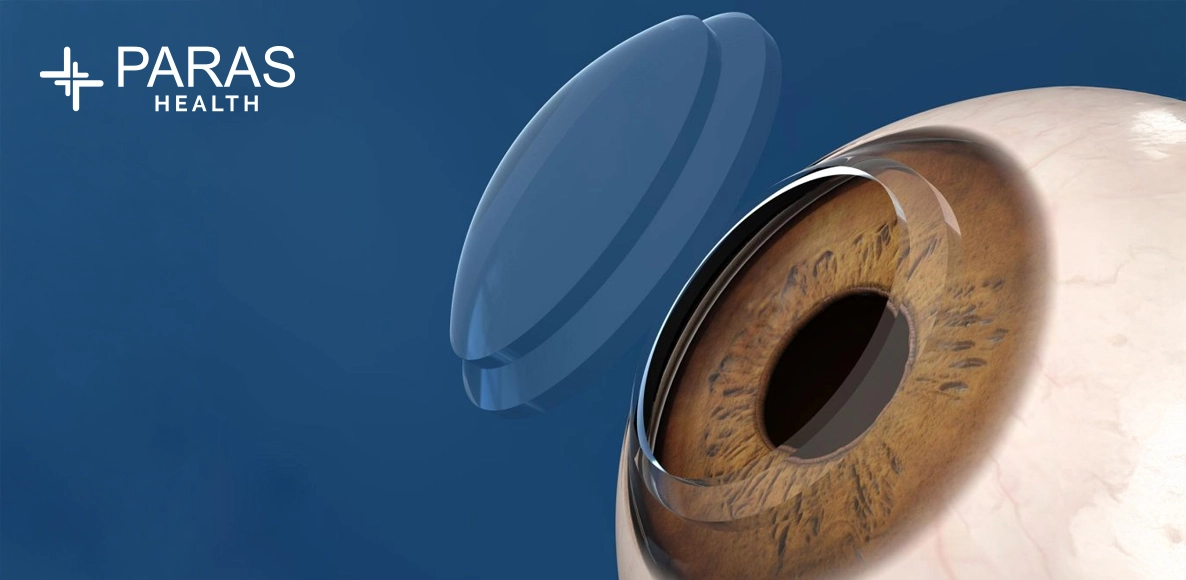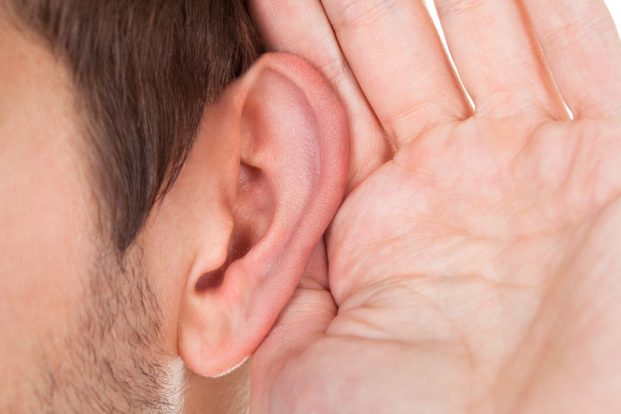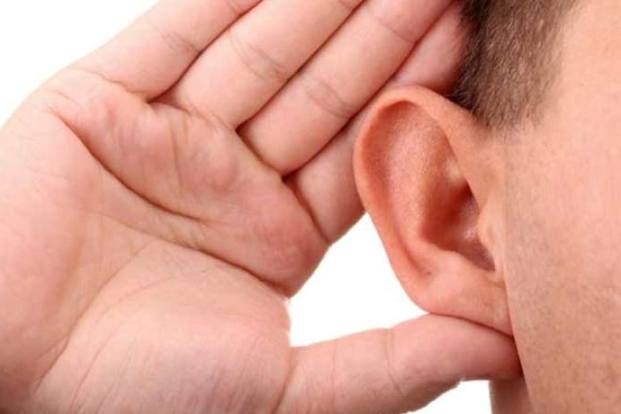Anosmia and its prognosis

Apr 19, 2022
Most of us take our sense of smell for granted but have you ever thought about what it would be like not be able to smell something. The complete loss of smell is called anosmia. Without your sense of smell, food tastes different. You cannot smell the scent of a flower, and you could find yourself in a dangerous situation, you would not smell a gas leak, smoke from a fire or sour milk. The ability to smell also affects our ability to taste.Our taste buds can only detect a few flavors, and this can affect your quality of life.

Causes of Loss of Smell or Anosmia:
- Nasal congestion from a cold, allergy, sinus infections or a poor air quality is the most common cause of anosmia.
- Nasal polyps, trauma, Head injury, toxic chemical exposure, pesticides, etc.
- Certain medications like antibiotics, antidepressants, cocaine, old age, radiation are other causes.
How to diagnose loss of smell – Anosmia:
If you experience a loss of smell that you cannot attribute to a cold or allergy or which doesn’t get better after a week or two tell your doctor. Your doctor can take a look inside your nose with a special instrument to see if a polyp or growth is impairing your ability to smell or if an infection is present. A CT Scan may be necessary so that the doctor can get a better look at the area.
Treatment for loss of smell – Anosmia:
If nasal congestion from a cold or allergy is the cause-treatment is usually not needed, and the problem will get better on its own, short-term use of decongestants oral or topical steroid spray may be tried.
However if the congestion gets worse or doesn’t go away after a few days, see your doctor.You may have an infection and need antibiotics or another medical condition may be to blame.
Prognosis of loss of smell – Anosmia:
Chances of recovery are excellent when the cause of anosmia is a reversible one like nasal inflammation. However, in the case where nerve damage is the problem, recovery may be difficult.
Tips for people experiencing loss of smell – Anosmia:
- Adding concentrated flavouring agents to food improves the enjoyment of eating in patients who retain some sense of smell.
- It is also important that smoke alarms be fitted in homes of patients with anosmia.
- Extra cautions should be attached to stored food since they may have difficulty to detect food spoilage.
- Use of natural gas for cooking or heating should be done with great caution, as gas leakage may go undetected by the patients.
- Avoid excessive use of nasal decongestants.






